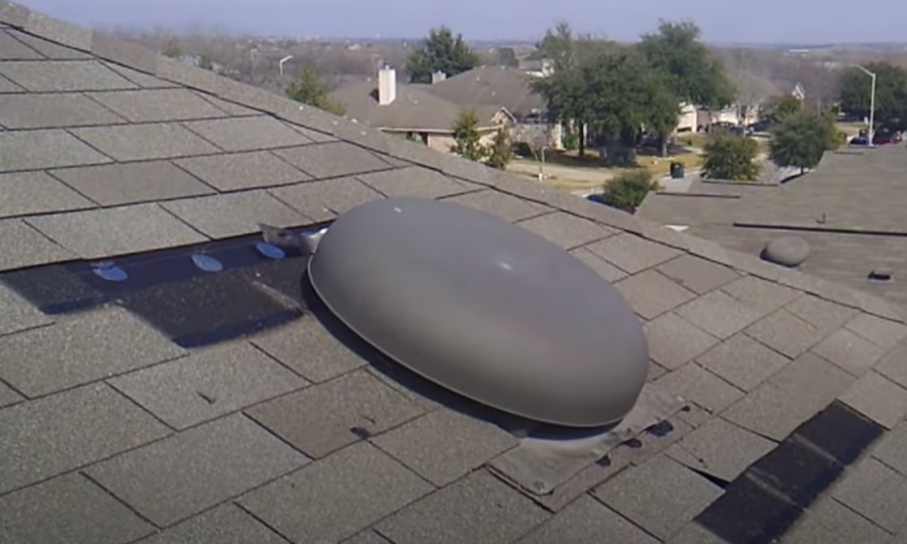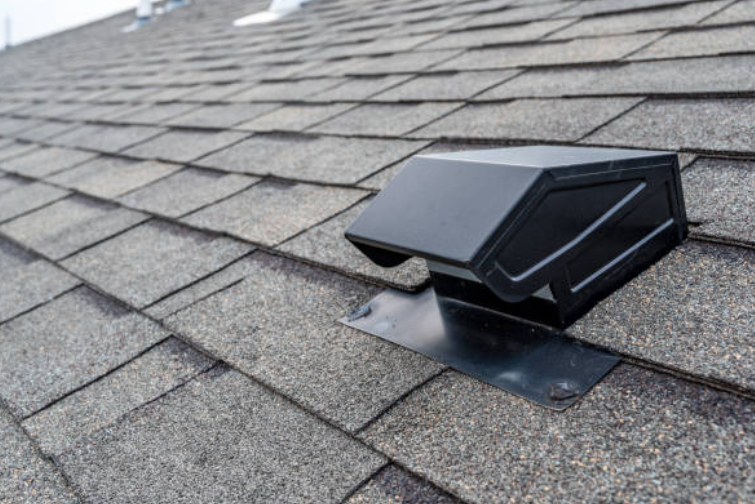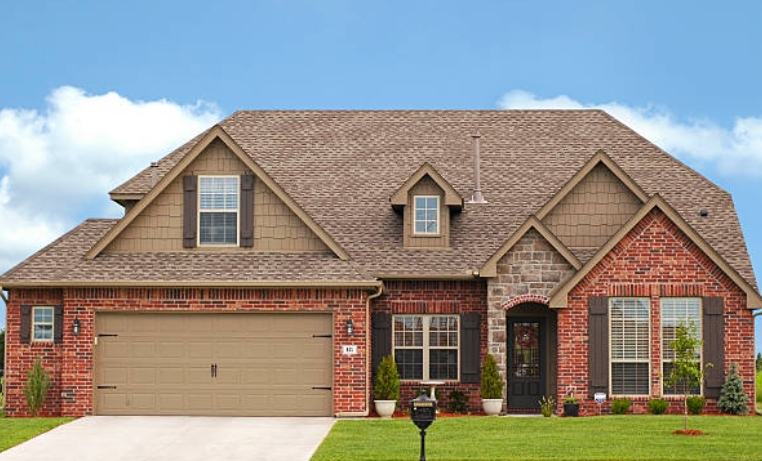The Essential Roof Maintenance Checklist
Maintaining a healthy roof doesn't always require a professional touch. As a homeowner, there's a lot you can do to ensure it stays in top condition without calling in the experts every time. From simple inspections to minor fixes, taking a proactive approach to maintenance can save you money and extend the lifespan of your investment. In this guide, we'll explore practical steps that homeowners can take to check and address common issues. Armed with knowledge and a willingness to invest a little time, you can navigate your way through a basic roof maintenance checklist that can make a big difference in keeping your it sound and secure.
Benefits of Regular Maintenance
Regular maintenance will help preserve the integrity of your roof and its longevity. Beyond the obvious advantages of avoiding costly roof repairs, routine checks contribute to its sustained health. By identifying and addressing issues early, you can mitigate the risk of extensive damage caused by leaks, weather events, or structural problems. This proactive approach not only safeguards your home but also ensures the preservation of your warranty. Long-term, consistent maintenance enhances the overall resilience of your roofing structure, preventing premature deterioration and extending its lifespan.
Your Roofing Maintenance Checklist
If you plan on performing maintenance on your roof, crafting a comprehensive checklist ensures critical elements are not overlooked. This personalized guide can become a documented record of tasks that were performed, which is a valuable resource for potential insurance or warranty claims. The below tasks are key checks that you should perform for any maintenance tasks.
Check for Interior Damage
The first check to make is inspecting the interior for signs of trouble. Look for water damage such as mold, mildew, unusual stains, and peeling paint. Look carefully as leaks can travel anywhere through your home, and homing in on the leak point can be a challenge. Annual checks of trusses and beams for structural stress signs like cracking are essential. These internal assessments serve as early indicators, prompting a more thorough examination of the exterior to address issues before they escalate.
Check for Exterior Roof Damage
Examine your exterior for signs of weathering, damage, wear, or rot. This includes the areas such as the eaves, soffit, and overhangs. Flat roofs warrant attention to low spots that can trap water, potentially causing issues. For other materials, such as metal, tile, or shingle, examine for problems like blistering, cracking, tears, or loose panels. With shingles, look for missing or curling shingles as this is a major leak point area. Keep an eye out for fungus or moss, which can accelerate surface deterioration.
Clean off Debris
Any kind of debris left on a roof can accelerate the rate of deterioration or damage it takes. Leaves, branches, and other debris not only compromise the aesthetics but can also lead to decay and drainage issues. Regular cleaning prevents premature wear and tear caused by debris, ensuring that drains remain unobstructed. Fallen tree limbs should be promptly removed to prevent damage to the roof membrane. Regular debris removal is a simple yet effective strategy for preserving your its overall health.

Clear Gutters
Special attention must be given to the gutters. Clearing clogged gutters is crucial for proper drainage and preventing water damage. Debris buildup in gutters can lead to water pooling that cause leaks and structural issues over time. Regularly checking and clearing gutters ensures that rainwater is directed towards the downspouts and away the home’s foundation, safeguarding against erosion and water-related deterioration. This simple yet vital check contributes significantly to the overall health and longevity of your roof.
Remove Nearby Tree Limbs
Low or overhanding tree limbs can pose a threat to your roof's well-being. Make sure to trim or remove branches that could potentially fall during storms or windy conditions. Even during calm weather, branches that are too close to your home can consistently scrape your roof causing slow but consistent damage that will be an issue over time. Proactive removal of nearby tree limbs is a preventive measure that goes a long way in safeguarding its health.
Inspect Flashing
Flashing is a critical component that surrounds different elements such as skylights, chimneys or vents. Thoroughly examine areas this flashing is installed. Ensure that the flashing is secure and is properly sealed all around it. Damaged or poorly sealed flashing can be a precursor to leaks and potential damage to the roof membrane. This step is crucial for areas prone to heavy rain or snow as they are sometimes hard to spot. A comprehensive inspection of all flashing points helps identify vulnerabilities that can be fixed easily to extend the longevity of your roof.
Proper Venting
Adequate attic ventilation is essential for regulating temperature and moisture levels, preventing issues like mold growth and premature deterioration. Check vents for any obstructions or damage that might hinder proper airflow. Improper ventilation can lead to a range of problems, from attic overheating, to increased energy costs. Ensuring that vents are in good condition without and obstacles in the way contributes to the overall health of your roof. This step is pivotal in maintaining a comfortable and structurally sound home.
Attic Insulation
Evaluate the condition of insulation in your attic, as it plays a crucial role in regulating temperature and moisture levels. Check for any signs of damage, deterioration, or displacement of insulation material. A well-insulated attic not only contributes to energy efficiency but also prevents issues like ice dams, mold growth, rot, and even warping. This step is integral to maintaining a stable and comfortable indoor environment while safeguarding the structural integrity of your roof over the long term.
Using Your Checklist
Once your personalized maintenance checklist is complete, prioritize any of the issues that you found. Decide in advance which issues are manageable in-house and which require professional intervention. While DIY repairs save costs, if done wrong, can lead to worse problems in the long run. A compromised roof could lead to severe structural damage, outweighing any of the potential savings. Additionally, keep warranty information accessible to clarify items eligible for free replacement.
Call Your Local Roofers
While DIY inspections and maintenance are valuable, there are instances when calling your
local roofers becomes essential. If your checklist reveals issues beyond your comfort level, be sure to ask for professional help. Professional roofers bring specialized knowledge, skills, and equipment to tackle complex problems. Additionally, if your roof is still under warranty, relying on professional services ensures that any necessary repairs won't jeopardize warranty coverage. Quick solutions by your local professionals helps prevent minor issues from escalating into major problems, ultimately saving you from more extensive and costly repairs down the road. Don't hesitate to call in professionals when needed to make sure your roof is properly taken care of.
You might also like
Contact Us Today!!

Services
Working hours
- Mon - Fri
- -
- Sat - Sun
- Closed


